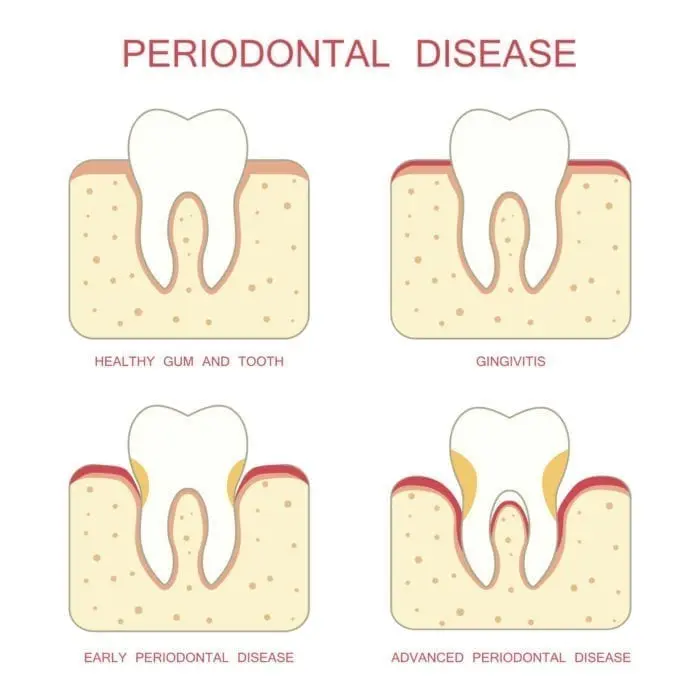Do your gums bleed when brushing your teeth?
Bleeding gums are frequently the early warning sign that periodontal disease is developing. Treated promptly, early-stage gum disease is typically treated successfully with conservative measures and long-term damage can be avoided.
The team at Tarheel Family Dentistry in Chapel Hill, NC screen for the early signs of gum disease during routine dental appointments, working with patients on an individual basis to avoid common dental problems and the often permanent effects of periodontal concerns. We will discuss your health history and any lifestyle habits that may impact your gum health so that we can provide the most personalized care and advice. There is a range of risk factors for gum disease and being aware of how to prevent it is important for the lifelong health of your smile.
Common Risk Factors for Gum Disease
- Certain medical conditions, including diabetes can increase your risk for gum disease
- Certain medications
- Smoking, tobacco use
- Genetic factors
- Ageing
Stages of Gum Disease

Gum disease has two distinct phases, each characterized by a set of symptoms that are related to the progression of infection. Your dentist will identify the stage and severity of existing gum disease before recommending treatment for halting disease progression and addressing any damage to tissue.
- Gingivitis: early-stage gum disease, the signs of gingivitis include bleeding gums, red or swollen gums, increased sensitivity and irritation of the gums.
- Periodontitis: advanced gum disease is characterized by symptoms that are often visible to the patient and may be impacting the function of your teeth. These can include deep pockets along the gum line, often exposing tooth roots, shifting of teeth and changes in the fit of oral appliances or dentures.
Treating Gum Disease
Tarheel Family Dentistry provides periodontal therapy to address the symptoms of gum disease. Your treatment will be tailored to the condition of your gums and designed to restore and stabilize your gum health. For patients who have chronic gum disease, our team can offer oral hygiene advice for keeping your gums healthy between visits.
